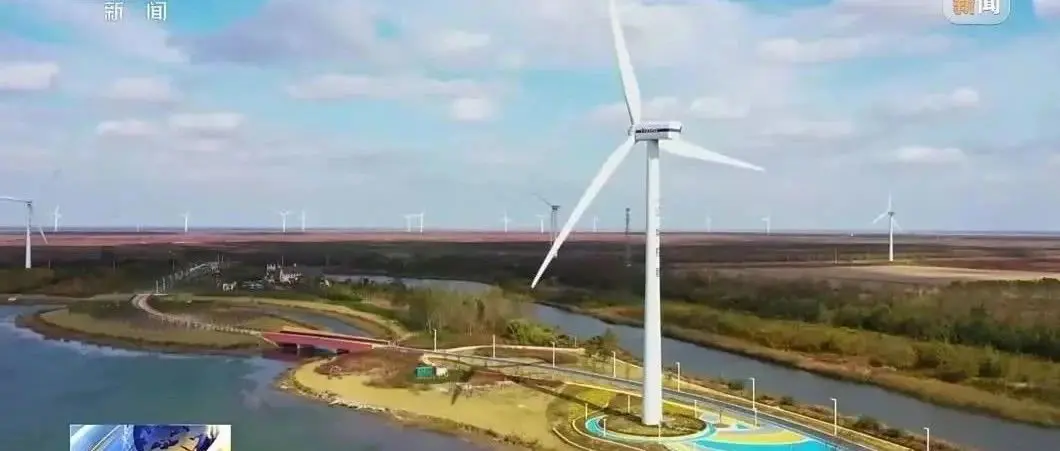CCTV News: The "Energy Law of the People's Republic of China" will come into effect starting from next month, aiming to further promote the development of renewable energy in China.

In modern society, the rapid development of technology has not only transformed our way of life but also had a profound impact on education. With the widespread use of the internet, educational resources are now shared globally, allowing students to access a wealth of learning materials through online platforms. This change not only broadens the boundaries of knowledge but also makes personalized learning possible.
The application of educational technology, such as intelligent teaching systems and virtual reality classrooms, is gradually transforming traditional teaching models. Teachers can use these tools to teach more effectively, while students can learn in more interactive environments. Additionally, big data analysis helps educators better understand students' learning habits and needs, thereby providing more precise instructional support.
However, the application of technology in education also brings challenges. How to ensure the quality of online education resources, how to balance the relationship between technology and humanistic education, and how to protect students' privacy are issues that require our in-depth thinking and resolution.
Overall, the integration of technology and education offers limitless possibilities for future learning, but it also demands continuous exploration and innovation in practice to ensure that education truly serves the development of every student.

